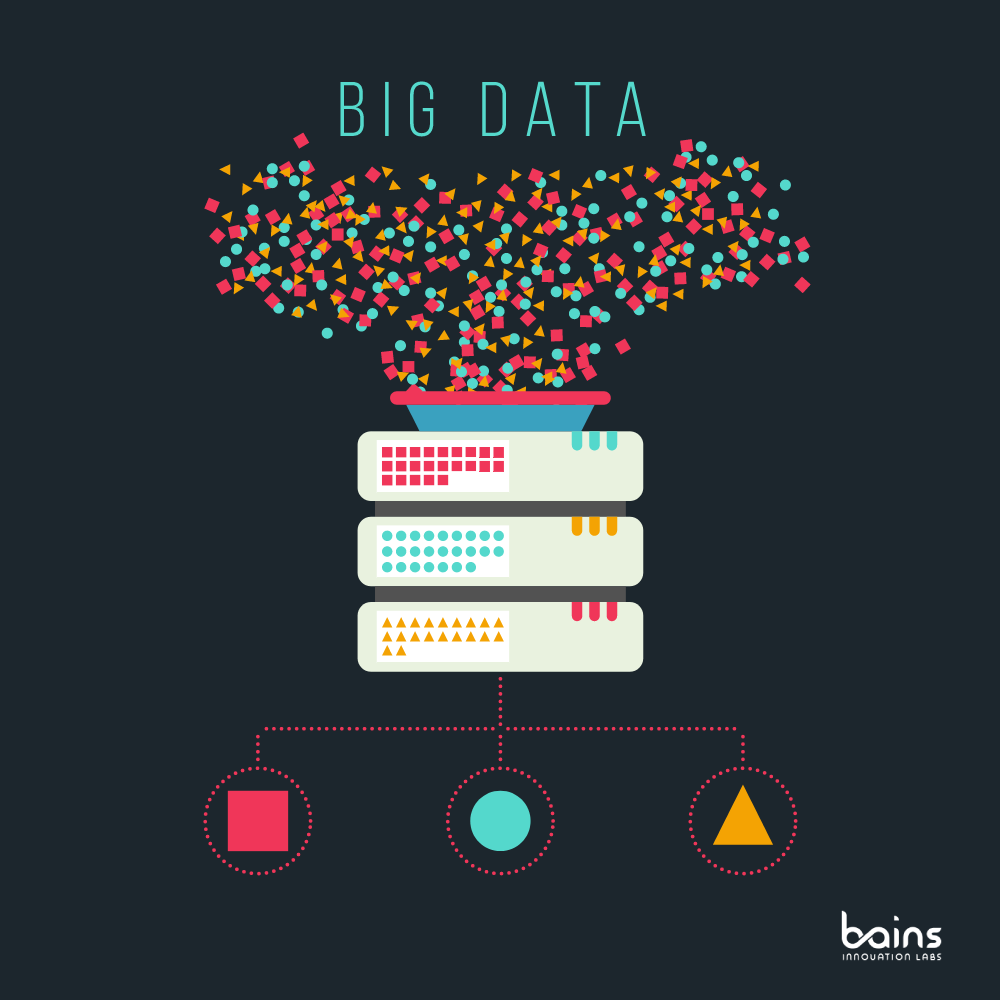For managing big data, there are several tools like Python, R-Language, Hadoop, Apache Spark, MongoDB, Apache Cassandra, Elastic Search, etc.
Python
R-Language

Hadoop
Another of the most important tool for managing big data is Hadoop. This tool, also with an open-source license, is considered the standard framework for storing large volumes of data. Also, this tool is used to analyze and process data. Its importance in the Big Data sector is such that companies like Facebook or Yahoo make use of it.
Its main advantages over other similar Big Data tools are:
- Ability to store and process large amounts of any type of data instantly.
- Computing power that allows processing Big Data at high speed.
- Hardware fault tolerance. That is, if a node fails, the jobs are redirected to other modes to ensure that processing does not fail.
- Automatic storage of copies.
- Flexibility in data storage and processing.
- Low cost, given its open-source license.
- Scalability to grow data systems.
Despite the multiple advantages that Hadoop offers, its complexity in use can be an inconvenience for all those who want to start with Big Data tools.
Apache Spark
Looking For A Big Data Expert?
MongoDB
Apache Cassandra
Apache Cassandra is one of the most widely used tool for managing big data. It is a distributed database with which high performance can be obtained in the input and output of data. Its usability is quite simple and it is also easy to scale. It is fault-tolerant, even though it is a high-performance database.
Thus, Apache Cassandra is a brilliant solution for many Big Data projects. However, it is not a suitable tool to host a conventional data warehouse, that is, Cassandra is not the best option for enterprise data storage.
ElascticSearch
Apache Storm

Apache Drill
In Big Data, the possibility of integrating tools under the same software is, in many cases, fundamental. In this aspect, Apache Drill stands out, an SQL query engine that supports a wide variety of databases and file systems such as:
- HBase
- MongoDB
- MapR-DB
- HDFS
- MapR-FS
- Amazon S3
- Azure Blob Storage
- Google Storage
- Swift
- NAS
- Local Files
In addition to its great versatility in the databases it supports, Apache Drill allows you to join data from different stores under the same interface such as ODBC.